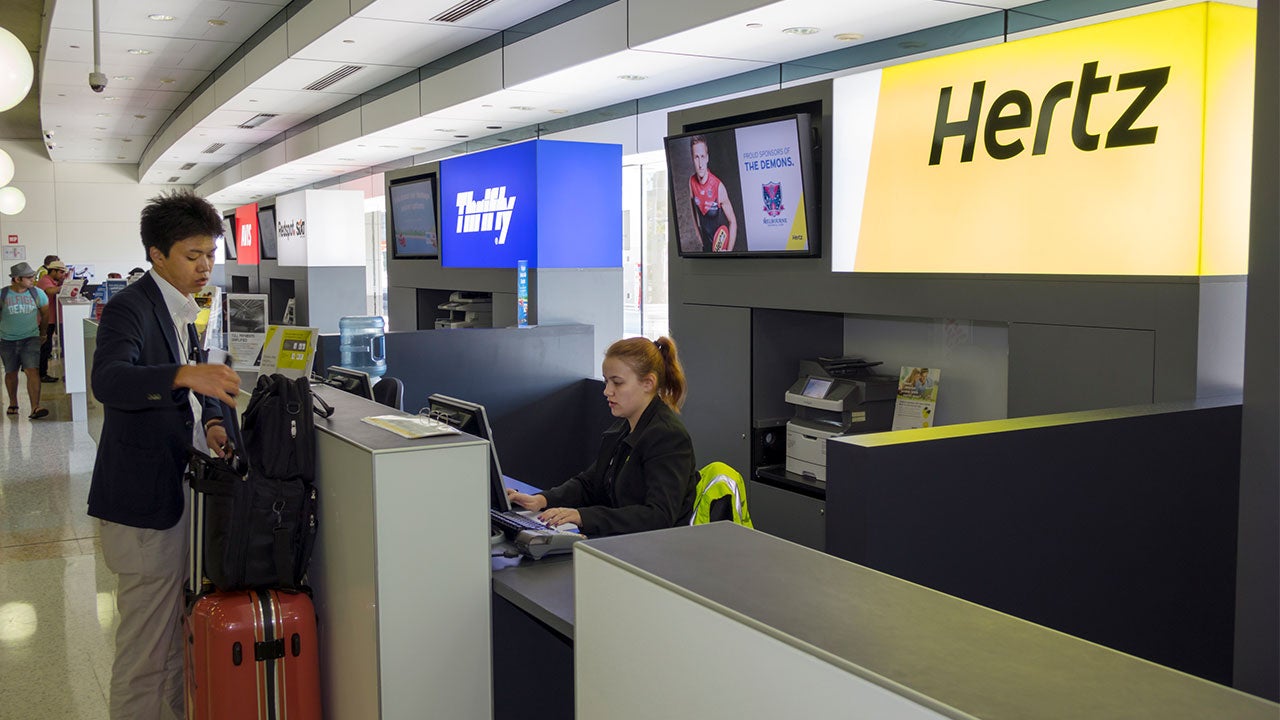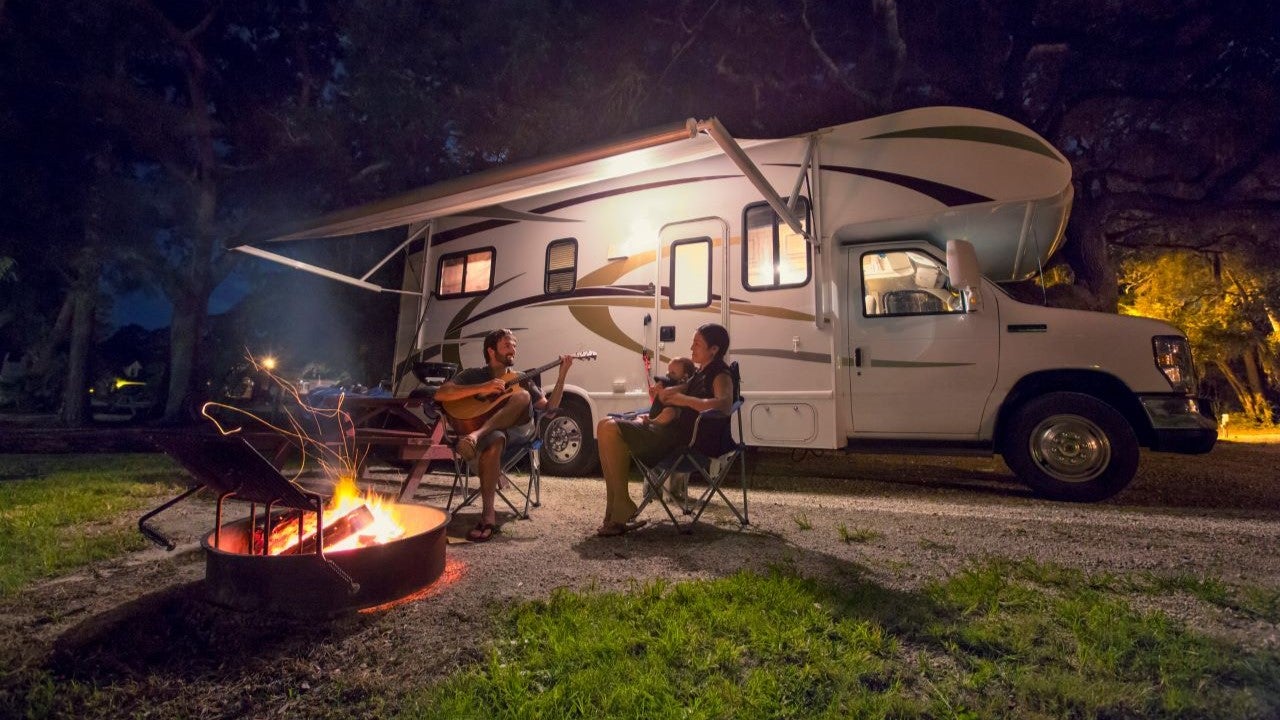They’re easy on your budget, but is buying a rental car a good idea?

Most drivers only interact with a rental car on vacations or time away — and for many, they can also be a means to getting a vehicle of their own.
While rental cars go through many drivers, they also typically have thorough maintenance records and a low price tag. But before you drive off the lot, consider the pros and cons of buying a rental car.
Are rental cars good to buy?
Rental cars have a reputation for being worn out. But there is no guarantee any used car you buy hasn’t been abused in the same way unless you personally know its history.
Pros and cons of buying a rental car
Pros
- Warranties: Rental cars often come with a warranty of about one year — even cars that no longer qualify for the original manufacturer’s warranty.
- Buy-back policies: Rental car chains may offer a buy-back policy if you change your mind shortly after the sale.
- Well-maintained vehicles: The rental car company should have kept the vehicle maintained and cleaned after every driver. So even with more wear and tear present on your potential car, it has still been checked up on much more than the average used vehicle.
Cons
- High mileage: Frequent drivers and long trips may outweigh frequent maintenance. Sky-high mileage accrued by renters could potentially mean more problems or a shorter lifespan for your vehicle.
- Limited options: Buying a rental means a much more limited inventory available to shop. If the rental car company does not have the vehicle you want in stock, you’re out of luck.
- Basic features: The vehicles available do not typically come with all the bells and whistles some drivers seek. Many are basic models lacking the luxury amenities other used cars might have.
How to buy a rental car
Just as if you were purchasing any other new or used vehicle, buying a rental requires some homework ahead of time.
Budget
Understand how much you can truly afford and the best financing options for your budget. Any company that finances used cars should finance a rental car (so long as it meets mileage requirements). Rates for a used car sat at an average of 11.40% in the third quarter of 2025, according to Experian.
But keep in mind that the true cost of your vehicle is much more than just the price you see advertised online. Check websites like Edmunds and Kelley Blue Book (KBB). Both have breakdowns of expected maintenance and repair costs for a wide variety of vehicles.
Compare cars
The best resources for looking into rental cars for sale are Enterprise, Avis and Hertz. Simply go to their websites and see what they have available in your area.
Again, Edmunds and KBB can be a good guide. They can show you average prices in your area for the vehicles you are interested in. This way, you can be sure the used car company is offering a good deal. And because rental cars have more wear and tear, see if you can go lower than the average to make up for potentially higher maintenance costs down the road.
Get preapproved
Once you have a vehicle in mind, apply for preapproved financing. Many rental companies will offer financing options. But it is always smart to shop around so you know you’re getting the best auto loan rates available.
Preapproval also allows you to budget more accurately. Once you know your budget and monthly payment, you can get a car loan that fits your finances.
Inspect the vehicle
If you can, take a test drive and see the car in person. Then seek out the vehicle history report. This will give you insight into any damage incurred, previous ownership and some details about what’s under the hood.
Because rental cars see a lot of drivers, they rack up many miles. Get a used car inspection from a trusted mechanic before you buy. Along with the vehicle history report, this will give you a full idea of how hard the car has been driven during its time as a rental.
Check the warranty
Finally, ask if the vehicle has any kind of warranty — many can come with the manufacturer’s warranty, and you may be able to get additional protections from the rental company.
An extended warranty may be a good idea even if your vehicle is still covered by a manufacturer warranty. Extended warranties cover more common repairs and maintenance needs. But they are an extra cost, so be sure you know what it covers and if it makes sense before you sign up.
The bottom line
If you settle on a used rental car, research typical vehicle pricing, run a vehicle history report and check out the fine print when looking at rental vehicle websites — many offer special deals or buy-back options. And, as with any used car, getting the vehicle signed off on by an independent mechanic can give you extra peace of mind.
Why we ask for feedback Your feedback helps us improve our content and services. It takes less than a minute to complete.
Your responses are anonymous and will only be used for improving our website.






